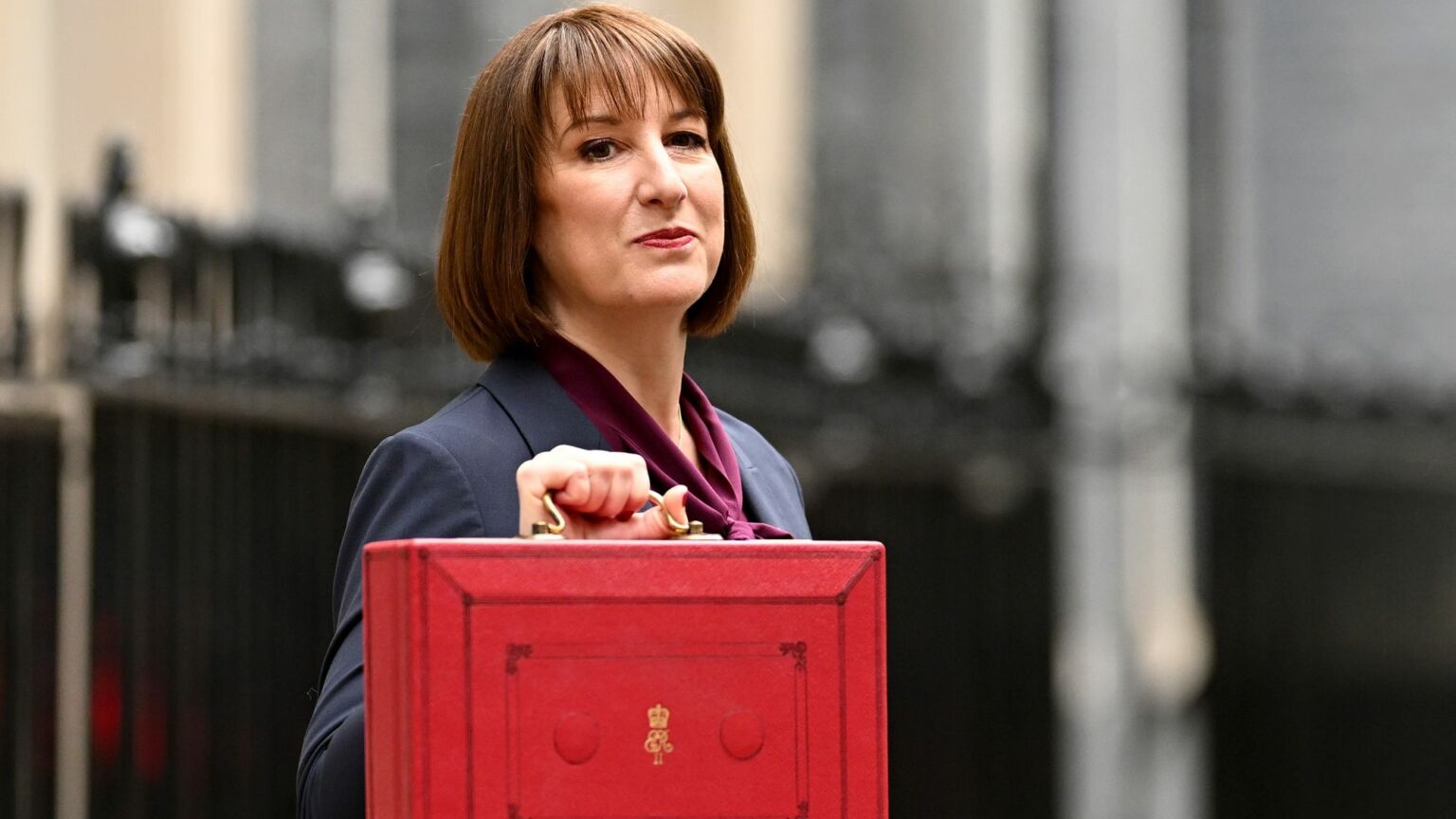On October 30, 2024, Chancellor Rachel Reeves delivered the UK’s first Labour budget in 14 years, introducing significant fiscal measures aimed at addressing economic challenges and funding public services. The UK budget announcement has profound implications for small and medium-sized enterprises (SMEs) and charities across the UK.
Key Budget Measures Affecting SMEs and Charities
Employer National Insurance Contributions (NICs) Increase
The budget raises employer NICs from 13.8% to 15% on salaries above £5,000 (reduced from £9,100), effective April 2025. This measure is expected to generate £25 billion annually.
While aimed at bolstering public finances, this increase imposes additional costs on employers, particularly impacting SMEs with tight profit margins. Charities, often operating with limited budgets, may also face financial strain due to higher employment costs.
For some employers, increases will be at least partly mitigated by increases to the employment allowance. The employment allowance allows employers to reduce the total amount of National Insurance they pay per year.
Capital Gains Tax (CGT) Adjustments
The budget includes adjustments to CGT rates, aligning them more closely with income tax rates. This change affects business owners considering the sale of assets or shares, potentially reducing post-sale returns.
SMEs planning ownership transitions or asset disposals may need to reassess their strategies in light of higher tax liabilities.

Free Financial Health Check
Take the test to reveal your charity’s financial strengths and weaknesses.
✓ No obligations
✓ Completely free
Inheritance Tax (IHT) Reforms
Reforms to IHT include reducing reliefs for business and agricultural assets, introducing a £1 million threshold for combined business and agricultural assets below which no inheritance tax will be applied, and implementing a 50% relief on inheritance tax for AIM shares, resulting in an effective tax rate of 20%.
These changes could impact family-run SMEs and charities holding significant assets, necessitating careful succession planning to mitigate tax liabilities.
National Living Wage Increase
The National Living Wage will rise by 6.7% to £12.21 per hour in April 2025, benefiting approximately three million workers. While this increase aims to improve living standards, it presents challenges for SMEs and charities that rely on low-wage labour, potentially leading to higher operational costs.
Business Rates and Reliefs
The budget maintains certain business rate reliefs but introduces changes affecting SMEs. For instance, cuts in business rates relief for bricks-and-mortar premises may increase costs for SMEs operating physical stores. Charities benefiting from rate reliefs may also experience financial pressures due to these adjustments.
Positive Measures for SMEs and Charities
Despite the challenges, the budget includes measures that could benefit SMEs and charities:
Fuel Duty Freeze: The budget maintains the freeze on fuel duty, providing relief to businesses reliant on transportation by preventing additional fuel costs.
Employment Allowance Increase: The Employment Allowance, which reduces employer NICs for eligible businesses, has been increased, offering financial relief to small businesses and charities by lowering their NIC liabilities.
Support for the Hospitality Sector: The budget includes a reduction in beer duty for pubs, aiming to support the hospitality industry. This measure could benefit SMEs operating in this sector by reducing operational costs.
Implications for SMEs
Increased Operational Costs: The rise in employer NICs and the National Living Wage directly increase labor costs for SMEs. Businesses may need to adjust pricing strategies, reduce workforce numbers, or find efficiencies to maintain profitability.
Investment and Growth Challenges: Higher taxes and operational costs may deter investment and expansion plans. SMEs might delay capital expenditures or hiring, potentially slowing economic growth.
Succession Planning Concerns: Changes to CGT and IHT necessitate careful succession and exit planning. Business owners should seek professional advice to navigate these tax implications effectively.
Implications for Charities
Financial Strain: Increased employer NICs and wage obligations add to the financial burdens of charities, many of which operate on tight budgets. This may affect service delivery and staffing levels.
Funding Challenges: With potential donors facing higher personal tax liabilities, charitable donations may decline, impacting funding streams. Additionally, changes to tax reliefs could affect the financial planning of charities.
Operational Adjustments: Charities may need to reassess their operational models, seeking efficiencies or alternative funding sources to sustain their activities amid increased costs.
Recommendations for SMEs and Charities
Financial Planning and Consultation
Engage with financial advisors to understand the specific impacts of tax changes and develop strategies to mitigate increased liabilities.
Operational Efficiency
Review and optimize operational processes to reduce costs and improve efficiency, helping to offset increased expenses.
Advocacy and Engagement
Participate in industry associations and advocacy groups to voice concerns and influence policy decisions affecting SMEs and charities.
Diversified Funding Strategies
For charities, explore diversified funding sources, including grants, partnerships, and social enterprises, to reduce reliance on traditional donations.
Conclusion
The 2024 Labour budget introduces significant fiscal measures with far-reaching implications for SMEs and charities in the UK. While aimed at addressing economic challenges and funding public services, these changes present operational and financial challenges for these sectors.
However, measures such as the fuel duty freeze, increased Employment Allowance, and support for the hospitality sector offer some relief. Proactive planning, strategic adjustments, and engagement with policymakers are essential for SMEs and charities to navigate this evolving fiscal landscape successfully.
FAQs
1. How will the increase in employer National Insurance Contributions (NICs) affect my small business?
The budget raises employer NICs from 13.8% to 15% on salaries above £5,000, effective April 2025. This increase will elevate your employment costs, potentially impacting profitability. To mitigate this, consider:
Reviewing Staffing Levels: Assess your workforce needs to ensure optimal efficiency.
Exploring Tax Reliefs: Investigate available tax reliefs, such as the increased Employment Allowance, which can offset NIC liabilities.
Adjusting Pricing Strategies: Evaluate whether price adjustments are feasible to maintain profit margins.
2. What changes to Capital Gains Tax (CGT) should I be aware of as a business owner?
The budget aligns CGT rates more closely with income tax rates, potentially increasing the tax burden on gains from the sale of business assets or shares. To prepare:
Consult a Tax Advisor: Seek professional guidance to understand the specific impact on your business transactions.
Plan Asset Disposals Strategically: Consider the timing of asset sales to optimize tax outcomes.
Explore Reliefs and Exemptions: Identify any applicable reliefs that could mitigate CGT liabilities.
3. How do the inheritance tax (IHT) reforms impact family-owned businesses?
Reforms include reducing reliefs for business and agricultural assets, introducing a £1 million threshold for combined business and agricultural assets below which no inheritance tax will be applied, and implementing a 50% relief on inheritance tax for AIM shares, resulting in an effective tax rate of 20%. To address these changes:
Engage in Succession Planning: Develop a comprehensive plan to manage the transfer of business ownership.
Consult Estate Planning Professionals: Obtain expert advice to navigate the complexities of IHT and protect your business assets.
Consider Alternative Structures: Explore business structures that may offer more favourable tax treatment.
4. What support measures are available for SMEs and charities in this budget?
Despite challenges, the budget offers support measures:
Fuel Duty Freeze: Maintaining the freeze on fuel duty helps control transportation costs.
Increased Employment Allowance: The allowance has been raised, reducing employer NICs for eligible businesses.
Support for the Hospitality Sector: A reduction in beer duty for pubs aims to support hospitality businesses.
5. How can charities manage the financial strain resulting from increased employment costs?
Charities can consider the following strategies:
Optimise Operational Efficiency: Streamline processes to reduce overheads.
Diversify Funding Sources: Seek alternative funding, such as grants, partnerships, or social enterprises.
Advocate for Support: Engage with policymakers to highlight the challenges and seek additional support for the sector.

Author Spotlight
Carl Wakeford, ACA
Carl began his career within the Big Four where he spent four years auditing many public and private sector organisations, and qualifying as a Chartered Accountant. With a passion for business resilience, Carl specialised in risk consultancy, helping organisations strengthen financial processes and controls. Since leaving the Big Four, Carl has worked within multinational commercial finance teams, fast paced start-ups, the charity sector, and is now the CEO of FinOps Partners.



